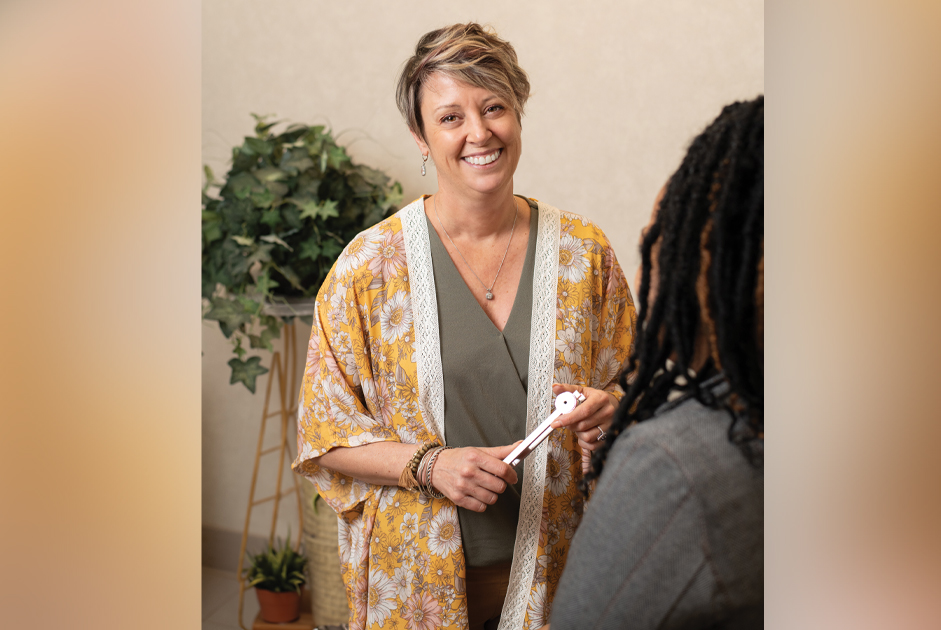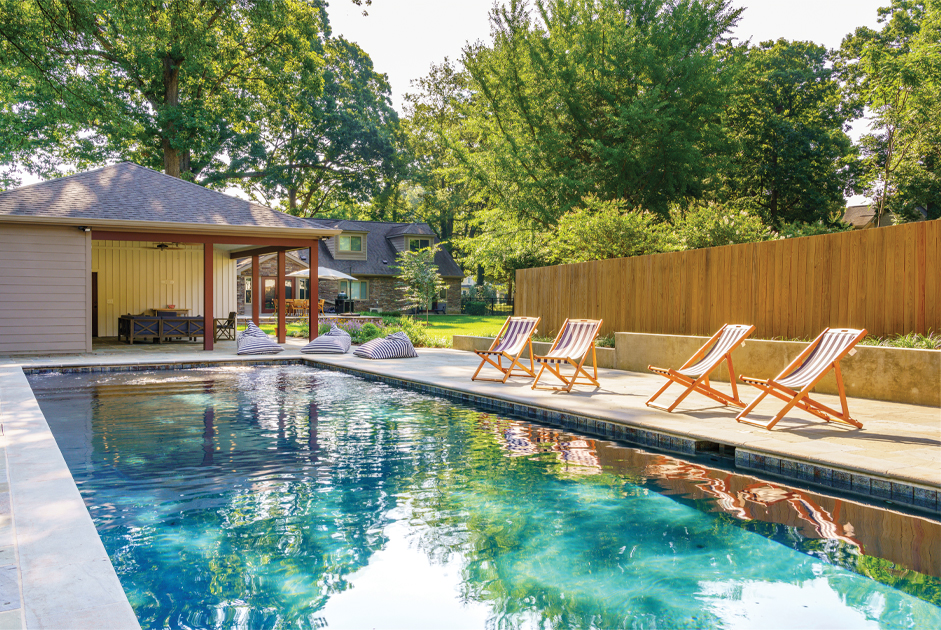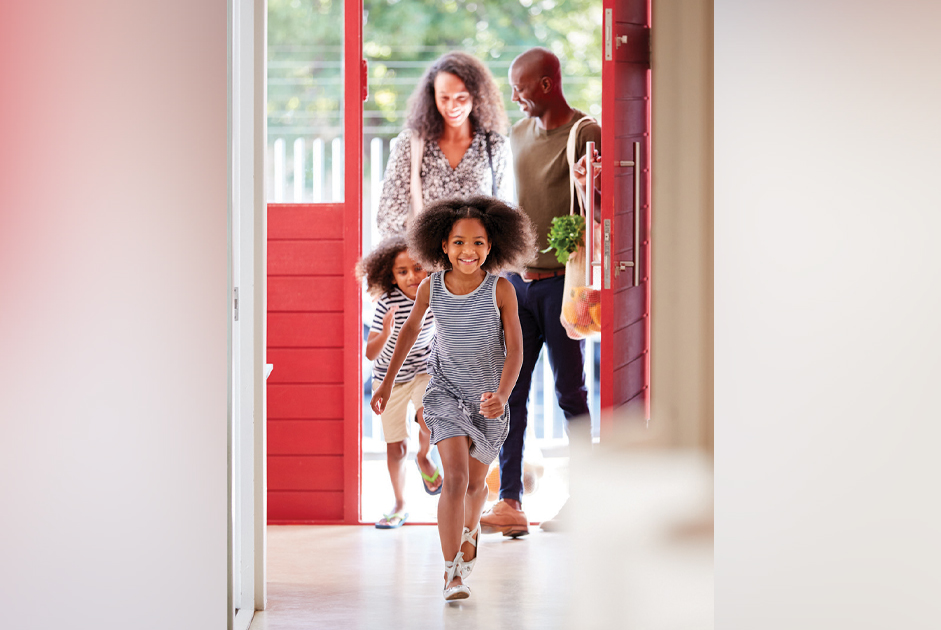We can’t say it enough: connection and activity are key to keeping anxiety and depression at bay. That’s why, especially now, seniors need to make connection and activity a priority. Here’s how:
Explore new ways to stay connected. In person or online, the rule of thumb here is at least 15 minutes a day, every day. While you may not be able to meet or meet as often as you’d like in person, you can continue to nurture connection with the people in your life. For starters, you can call or text. If using technology is a challenge, ask your friends, children, or grandchildren to help. Dip your toe in the water, ask them to be patient, and take it one step at a time. Before you know it, you will have several meaningful and enjoyable virtual “appointments” all lined up.
Reach out to form new connections. This can be a little scary or awkward for some of us. Do it anyway by reaching out to someone you’d like to get to know. I have done this at least three times in the past year and now count my new acquaintances as friends. Chances are, that other person wants to meet new people, too, especially if you share a common interest like walking, reading fiction, or yoga – all potential pathways to new friendships.
Stay active! Maybe you can’t go to the Y anymore, or your doctor has advised you to be cautious. That doesn’t mean that you give up and give in to creeping feelings of loneliness and detachment. Instead, focus on what you can do. Start by getting off of the couch or away from the screen. Tell your doctor that you are committed to being active and ask for their suggestions; add steps to your day by parking farther away; look for online exercise classes; and, at the least, make sure that you stand up and move around every hour. Remember that “staying active” isn’t an all or nothing concept; everything counts!
Try something new. There has never been a better time to explore something different. Go online to identify virtual learning opportunities for seniors; you will be amazed at what you will discover. Bring “a beginner’s mind” to learning a new language, tackling technology or even taking up golf, at last. In other words, give yourself permission to be the student, instead of the expert. Another big plus: learning helps to slow cognitive decline.
Do things that bring you joy. I can fill a good portion of everyday writing, cooking, cleaning, and endlessly reorganizing…which makes me too pooped to enjoy what I have left. Seek balance, yes, but don’t give short shrift to the things that fulfill you. Consider carving out dedicated time to the activities that bring you joy.
Adopt a pet. Pet adoptions have soared in the past year as people seek connection and companionship while staying at home. Remember that a pet is a family member and a commitment, so do your homework first. You might go online to research breeds, visit an animal shelter, and talk to other seniors who have pets.
Investigate volunteering. When you volunteer, you give something of yourself while giving yourself a sense of purpose. Be proactive by contacting local agencies to explore being a virtual companion or pen pal to someone who is lonely and confined. Your house of worship and senior center may also have a list of volunteer opportunities that you may have never thought of.
This year, more than ever before, stay committed to staying connected and active!






















